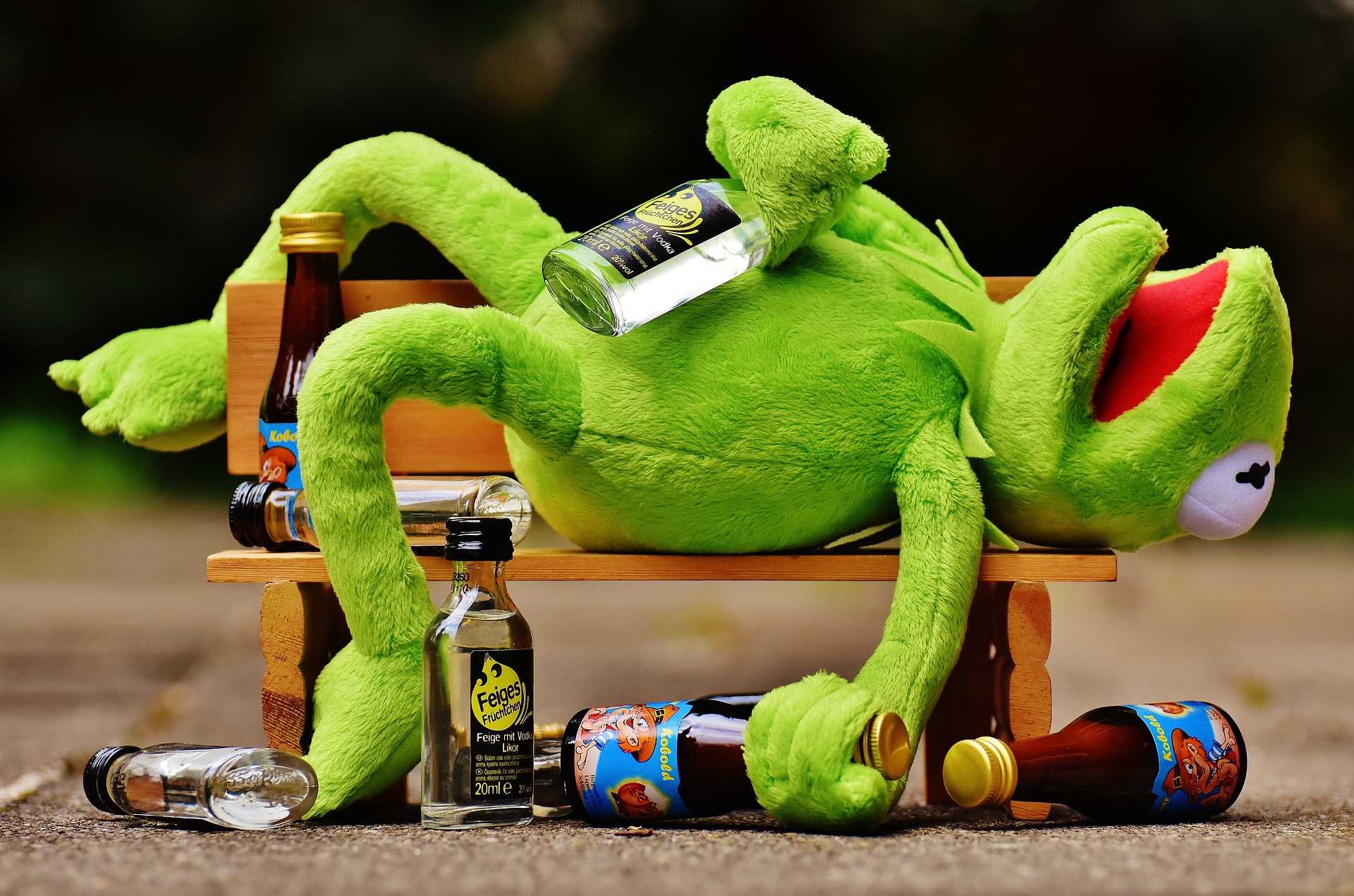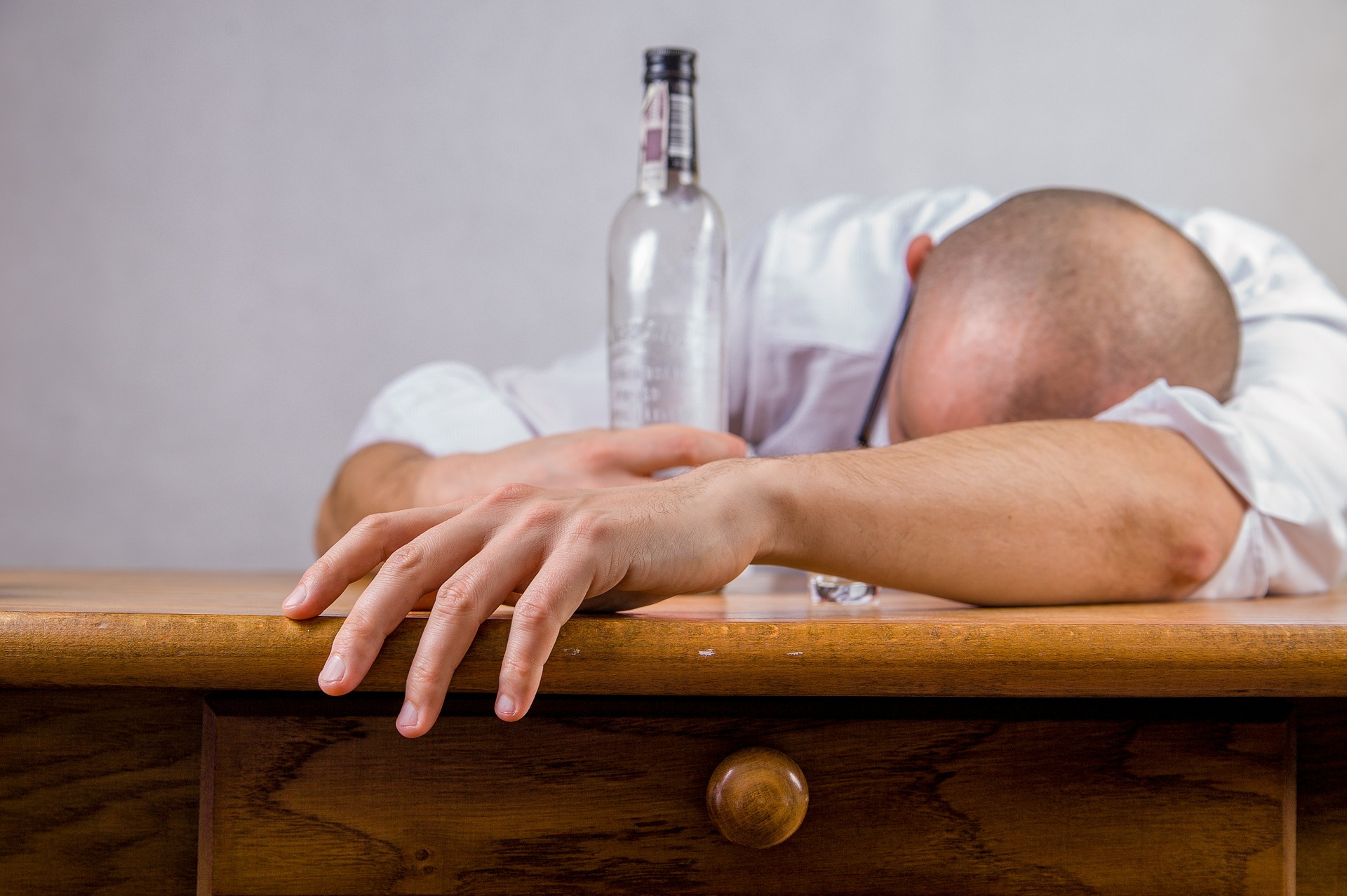-
10% of Aussies consume half the nation’s alcohol
Open Forum | April 21, 2019La Trobe University researchers have found the heaviest drinking 10 per cent of Australians drink over half the alcohol consumed in Australia, downing an average of six standard drinks per day.
-
Booze and boys are still a risky combination
Steven Roberts | March 10, 2019“They are not a nation of snobs like the English or of extravagant boasters like the Americans or of reckless profligates like the French, they are simply a nation of drunkards.” – Marcus Clarke, 1869
-
Australia’s changing relationship with alcohol
Open Forum | November 1, 2018New research from La Trobe University has revealed that 30 per cent of Australians recently reduced the quantity of their alcohol consumption and a further 29 per cent reduced the frequency of their drinking, while six per cent kicked the habit for good.
-
Middle-aged drinkers prioritise reputation over health
Open Forum | October 2, 2018The health risks associated with drinking alcohol are less important to middle aged people than what others may think of their consumption, according to researchers from the University of Adelaide.
-
Alcohol adverts may breach the advertising code
Lucy Carroll | April 28, 2018The effectiveness of current advertising codes in protecting the health of teenagers is questioned in a new study led by researchers at UNSW Sydney, Monash and Curtin University.
-
Unbottling the drivers of family violence
Vic Health | April 9, 2018The pernicious effect of alcohol often looms large in situations of family violence, so much so that it can overshadow the presence of other contributing factors.
-
Changing the culture around alcohol and sexual assault by talking about consent
Paul Dillon | January 23, 2018The issue of consent is not an easy area to deal with from a parenting perspective. Expert in drug and alcohol education Paul Dillon shares his advice on ways parents can clearly explain to their teenagers what constitutes consent.








